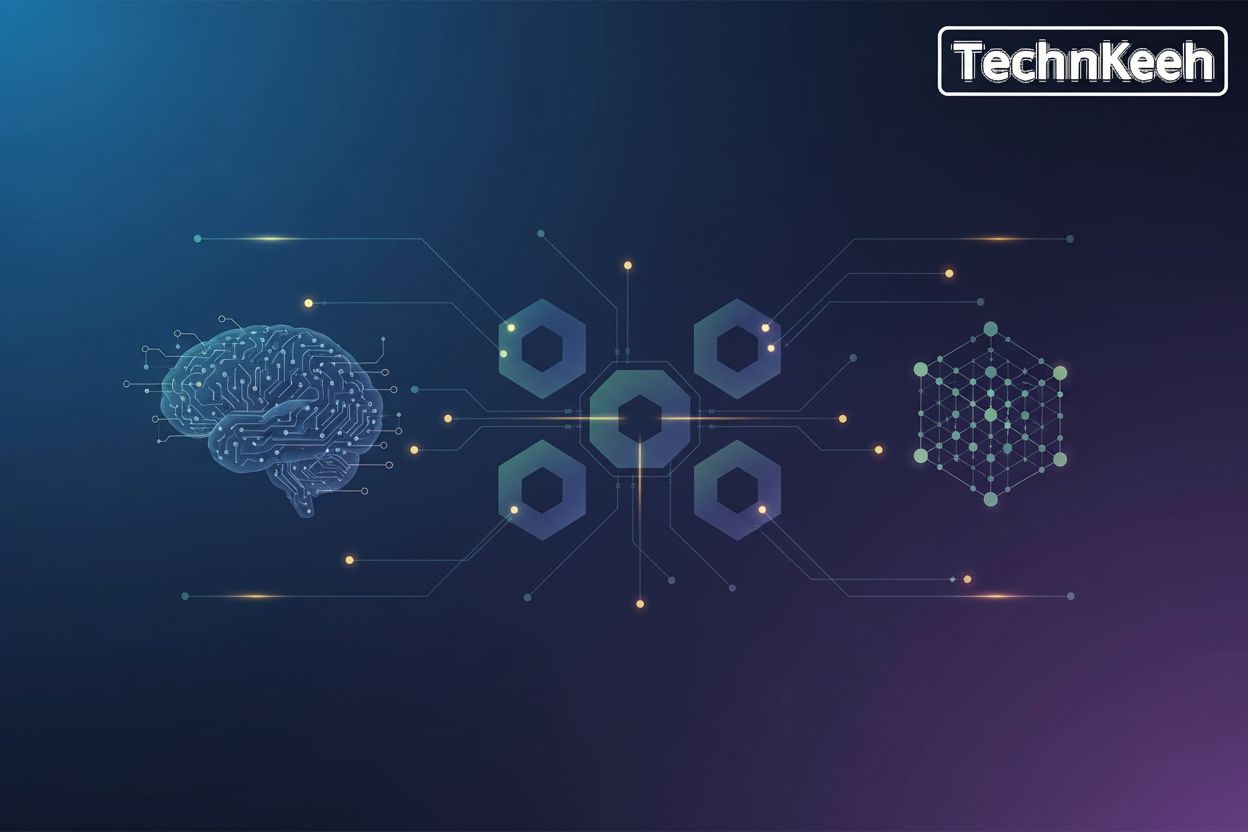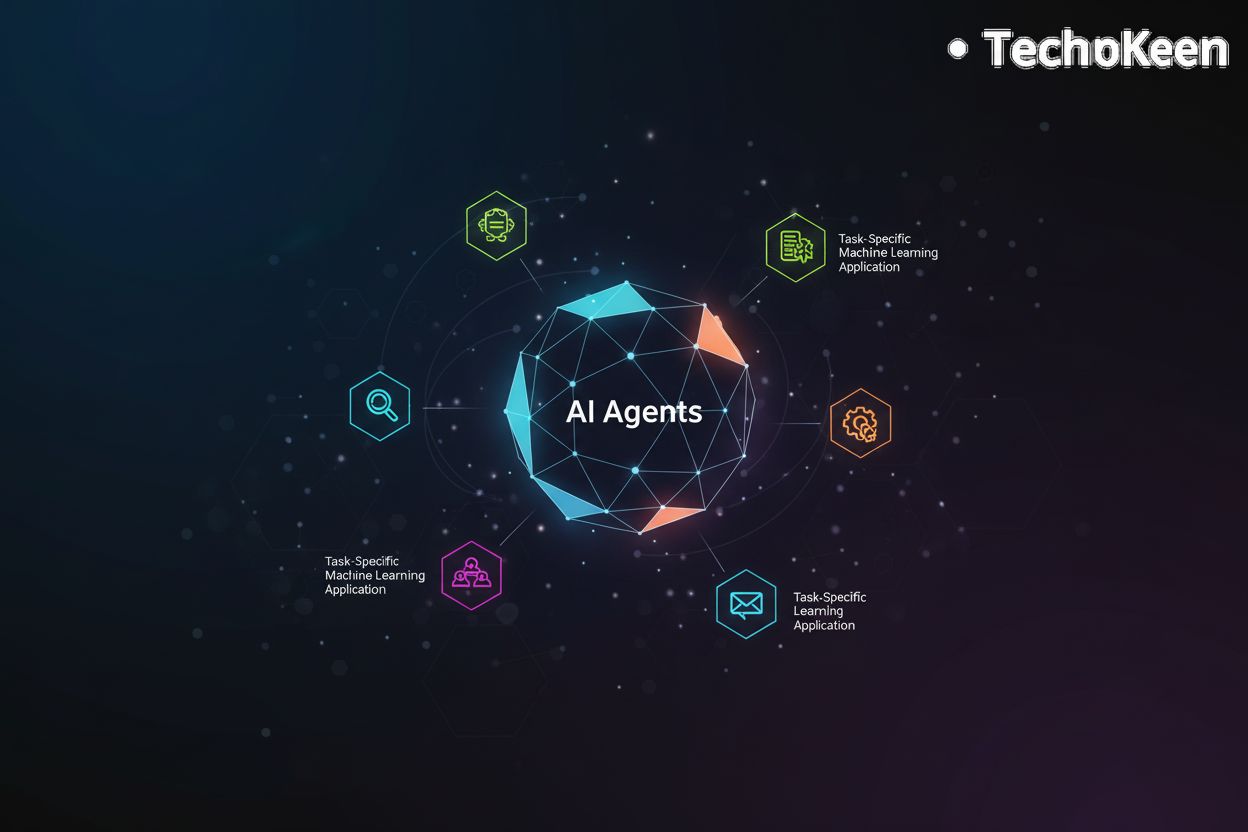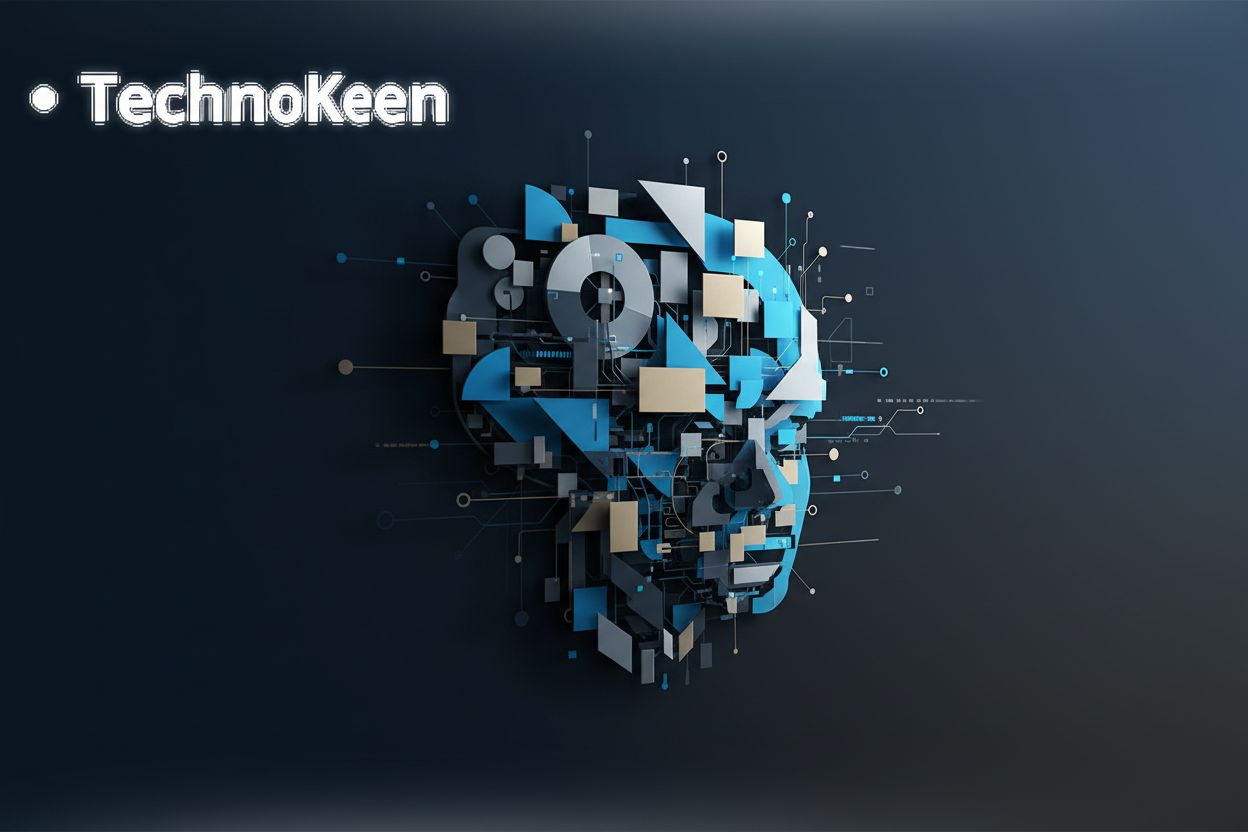Beyond the Algorithm: Building AI Agents with Low-Code Platforms and APIs
TL;DR
The AI Agent Landscape: More Than Just Algorithms
Okay, so ai agents... it's not just about some fancy algorithm doing it's thing, right? It's way more than that, honestly. You see these "ai powered" things everywhere now, but what are they really?
An AI agent is essentially a piece of software that can perceive its environment, make decisions, and take actions to achieve specific goals. Think of it as a digital assistant that can not only automate repetitive tasks but also learn from its experiences and adapt its behavior to become more effective over time.
- AI agents automate tasks, but that's the tip of the iceberg, really. They can make decisions and, learn too. It's kinda wild. Think about a customer service chatbot that actually gets better at answering questions over time, not just giving you the same canned responses.
- Examples? Chatbots and virtual assistants, sure, but also robotic process automation (rpa) tools. RPA involves using software robots to mimic human actions when interacting with digital systems. These bots can log into applications, extract data, fill in forms, and perform other rule-based tasks, essentially automating repetitive, manual processes that would otherwise be done by a human. It's not all flashy robots, you know.
- They're shaking up all sorts of business functions. Customer service is the obvious one, but what about using ai agents for hyper-personalized marketing campaigns or even for things like fraud detection in finance? (Guide to Financial Services AI Agents - Salesforce)
Now, that's where its getting interesting. We're not just talking about chatbots anymore. Consider how resources like DeltaAI, a national resource for ai/ml research, can be leveraged to build or enable AI agents. For instance, these agents could analyze spatial data for city planning, or be utilized in scientific computing [1,4]. It's kinda amazing.
We're really just scratching the surface. Like, imagine an ai agent that helps farmers optimize their crop yields by analyzing weather patterns, soil conditions, and market prices, or maybe one that speeds up drug discovery by sifting through mountains of research data [5,17,18]. The possibilities are endless.
So, what's next? Well, we're gonna dive into just how these ai agents are built, and how you can get in on the action without needing a phd in machine learning. Trust me, it's easier than you think.
Low-Code AI Platforms: Democratizing AI Development
Are you tired of wrangling complex code just to get a simple ai agent up and running? Yeah, me too. That's where low-code ai platforms come in, and honestly, they're kinda a game-changer. These platforms are making ai development way more accessible than it used to be.
- Low-code platforms let you build ai applications using visual interfaces. Think drag-and-drop components and pre-built workflows. It's like building with Legos instead of writing lines and lines of code.
- They abstract away the nitty-gritty details of machine learning. No more needing a phd to train a model! You can focus on what you want the ai to do, not how it does it.
- These platforms enable everyday business users—"citizen developers"—to create ai agents. So, your marketing team can build a personalized recommendation system without involving it.
The speed and cost savings are no joke. Imagine cutting development time by, like, 50%? That's the kind of impact we're talking about. And it's not just about speed. While some platforms offer broad IT solutions, others are specifically designed to empower the creation of AI agents.
To illustrate the benefits of low-code platforms, consider a healthcare provider automating appointment scheduling with an ai-powered chatbot. Or a retailer using ai to optimize their supply chain. The possibilities are endless – and within reach for even small-to-medium sized businesses.
Now, low-code ai platforms aren't a magic bullet. You still need to understand the business problem you're trying to solve. But they sure do make the tech side a whole lot easier.
Next up, we'll check out how apis are playing a crucial role in this ai revolution. It's all about connecting the dots.
Leveraging AI APIs: Plug-and-Play Intelligence
So, we've seen how ai agents are way more than just algorithms—they're like mini-brains automating tasks. And, honestly, low-code platforms have made building these agents surprisingly easy. But what if you don't even wanna deal with the "low" code part?
That's where ai apis come in. Think of them like plug-and-play intelligence. Using an API is akin to ordering takeout for your brain; instead of needing to know how to cook (build and train an AI model from scratch), you can simply order a pre-made meal (use a pre-trained AI model) and enjoy the results without the complex preparation.
- AI apis give you pre-trained models at your fingertips. You don't need to train anything yourself. Just send data, and boom, you get results.
- They handle anything from natural language processing (nlp) to computer vision. Wanna analyze customer sentiment from survey responses? There's an api for that. Need to detect objects in images for quality control? Yep, api for that too.
- And its not just limited to big tech companies, smaller companies are increasingly relying on ai apis to power their businesses. For example, a small e-commerce startup can use a recommendation engine api to boost sales by suggesting products based on user behavior, or a local clinic can use a medical diagnosis api to improve patient care by assisting with initial assessments [4, 5, 17].
It's all about making ai accessible. You don't have to be a data scientist to use this stuff.
Think about sentiment analysis. Instead of building your own sentiment model (which is a pain, trust me), you can just send customer feedback to an api and get back a score that says whether the customer is happy, neutral, or pissed. Then you can use that information to prioritize customer support tickets or tweak your marketing campaigns.
Or imagine you're running a small online store. You could use a product recommendation api to suggest items customers are likely to buy, boosting sales and improving customer satisfaction. Forget building a complex recommendation engine from scratch; just plug in the api.
Now, this does mean trusting these api providers with your data. This raises important considerations around data privacy, security, and the potential for vendor lock-in, so it's crucial to vet providers carefully. But it also means faster development and lower costs.
So, there you have it: ai apis are making it easier than ever to add "smart" features to your apps and workflows. They provide a powerful way to integrate AI capabilities into your existing systems without the extensive development effort.
Conclusion: The Future is Agent-Driven
We've journeyed from understanding what AI agents truly are, to exploring how low-code platforms are democratizing their creation, and finally, how AI APIs offer a plug-and-play approach to integrating intelligent capabilities. The landscape of AI development is rapidly evolving, moving beyond complex algorithms to accessible, actionable tools. Whether you're a seasoned developer or a business user looking to leverage AI, the path to building intelligent solutions is clearer than ever. The ability to automate, decide, and learn is no longer confined to specialized teams; it's becoming a fundamental building block for businesses of all sizes, promising a future where AI agents are integral to innovation and efficiency.
References
[1] (Source details missing) [4] (Source details missing) [5] (Source details missing) [17] (Source details missing) [18] (Source details missing)




